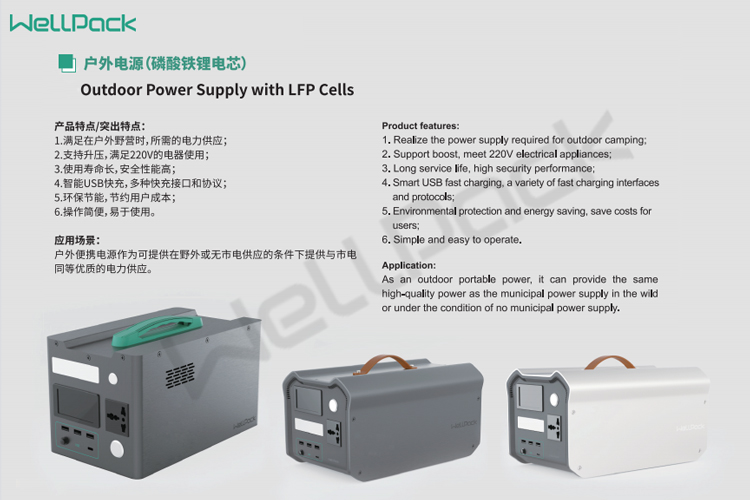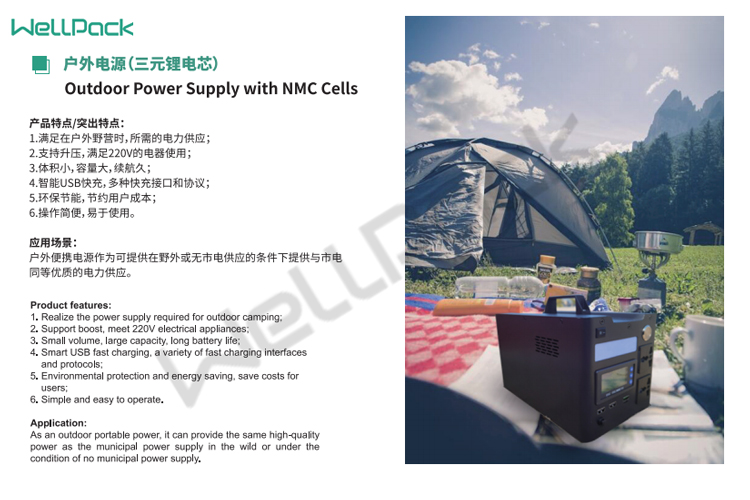
Shall we choose lithium iron phosphate battery or ternary lithium battery?
2022-07-26 18:51With the same price, shall we choose ternary lithium battery or lithium iron phosphate battery? Generally, ternary lithium is preferred, which can have longer endurance and low temperature resistance. But normally, there is no such option. Because there is a certain gap between the manufacturing costs of lithium iron phosphate and ternary lithium, under normal circumstances, medium and high-end electric cars are equipped with ternary lithium batteries, and medium and low-end electric cars are equipped with lithium iron phosphate batteries.
The following is detailed explanation of ternary lithium batteries and lithium iron phosphate batteries:
1. Ternary lithium has high energy density
The energy density of ternary lithium is generally 180-230Wh/kg. High-nickel ternary lithium batteries can easily reach 250Wh/kg, but high nickel will increase battery instability. The energy density of lithium iron phosphate is generally 140-160 Wh/kg, and the maximum may reach 180 Wh/kg. Blade batteries are also lithium iron phosphates. For example, the energy density of the first generation of blade batteries is 140 Wh/kg, and the second generation may achieve 180 Wh/kg.
To be precise, battery energy density is divided into gravimetric energy density and volumetric energy density. The former is what we often talk about, and the latter is less concerned, but equally important. For example, the structural innovation of the blade battery has increased the volume energy density from 251Wh/L to 320Wh/L. Although the weight energy density is not high, the endurance mileage has caught up with the ternary lithium.

2. Ternary lithium is more resistant to low temperature
Lithium batteries may be affected by low temperatures. The low temperature limit value of lithium iron phosphate is generally -20℃, while the ternary lithium can withstand the low temperature of -30℃. When the temperature is 0 to -20℃, the lithium battery attenuates by about 10%-30%, while in general the ternary lithium decays 10% lower than LiFePO4. At present, many car companies and battery manufacturers are developing more advanced thermal management technologies to improve the low temperature resistance of power batteries.
3. Lithium iron phosphate has longer life
The number of charge and discharge cycles of a ternary lithium battery is generally 2000 times, while that of lithium iron phosphate is generally 3000, which is 1.5 times that of ternary lithium. The battery life is not expressed in years, but is based on the number of charge-discharge cycles, such as 2000 times, which means that the battery decays less than 20% after 2,000 charge-discharge cycles. That is, after 2000 cycles, the battery capacity is equivalent to only 80% remaining, whether it continues to be used or continues to decay;
4. Lithium iron phosphate is safer
Through the pin-prick test, the traditional lithium iron phosphate battery has no open flame and smoke, and the surface temperature reaches 200 ℃ ~ 400 ℃, while the temperature of the ternary lithium battery instantly rises over 500 degrees after pin-prick, and begins to burn violently.

5. The cost of lithium iron phosphate is lower
Previously, the average cost of the battery industry showed that the lithium iron phosphate battery was 0.6 RMB/Wh, and the ternary battery was 0.8 RMB/Wh. Based on a 60kWh battery, the cost of a ternary lithium battery is 48,000 RMB, and the cost of lithium iron phosphate is 36,000 RMB, the price difference is 12,000 RMB. In 2022, affected by the supply chain, especially nickel and cobalt, the cost of ternary lithium has risen sharply, and the cost of lithium iron phosphate has risen relatively little. Tesla has purchased blade batteries to reduce car costs.
